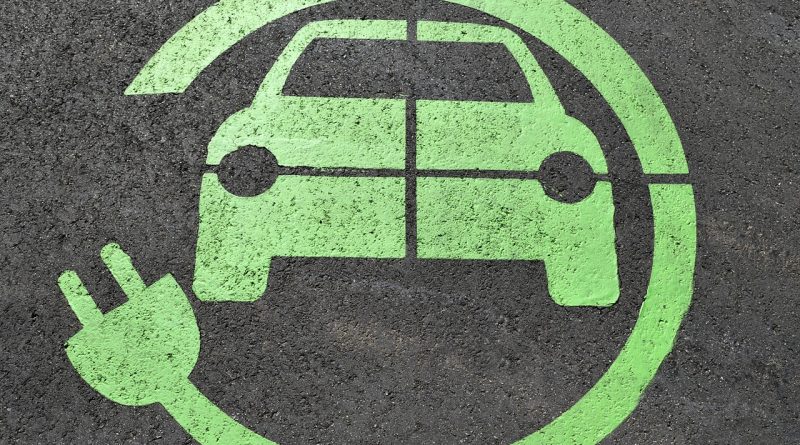Electric Cars
An Electric Car derives its power from an on-board battery pack are called a battery electric vehicle (BEV). Other electric vehicles are powered in a variety of ways, such as electric trains, which may draw their power from overhead lines. Other on-board energy storage methods that are expected to come into use in the future include ultra capacitors, or a spinning flywheel, which stores energy as potential energy.
Electric Cars enjoyed popularity between the mid-19th century and early 20th century, when electricity was among the preferred methods for automobile propulsion, providing a level of comfort and ease of operation that could not be achieved by the gasoline cars of the time. Advanced in ICE technology soon rendered this advantage moot; the greater range of gasoline cars, quicker refueling times, and growing petroleum infrastructure, along with the mass production of gasoline vehicles by companies, which reduced prices of gasoline cars to nearly 50% of that of equivalent Electric Cars, effectively killed off the electric car in important markets such as the United States by the 1930s.
In recent years, increased concerns over the environmental impact of gasoline cars, along with reduced consumer ability to pay for fuel for gasoline cars, has brought about renewed interest in Electric Cars, which are perceived to be more environmentally friendly and cheaper to maintain and run, despite high initial costs. Electric Cars currently enjoy relative popularity in countries around the world, though they are notably absent from the roads of the United States, where electric cars briefly re-appeared in the late 90s as a response to changing government regulations.
An important goal for Electric Cars is overcoming the disparity between their costs of development, production, and operation, with respect to those of equivalent internal combustion engine vehicles. Electric Car operating costs can be directly compared to the equivalent operating costs of a gasoline-powered vehicle. The energy generated by complete combustion of 1liter gasoline is about 9.7 kWh. Accounting for inefficiencies of gasoline vs. electric engines and transmission and battery losses, 1liter gasoline is equivalent to 2.7 kWh energy from batteries.


